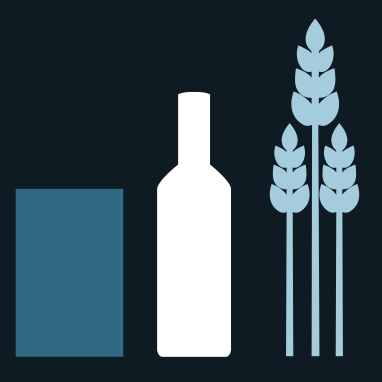TGA proposes to regulate all foods that are in capsule, tablet or pill form
By Joe Lederman
On 6 October 2009, the Therapeutic Goods Administration (TGA - the government agency responsible for monitoring and law enforcement over all "therapeutic goods" in Australia) released a Consultation Paper proposing to declare all goods in capsule, tablet or pill form as "therapeutic goods". Given the strict (and expensive) auditing and pre-approval process that "therapeutic goods" are subject to, many companies prefer to market nutritionally functional products as "food". This proposal by the TGA may threaten the existence of many food companies. FoodLegal urges all interested parties to make submissions on this issue. On 6 October 2009, the TGA released a Consultation Paper proposing that under Section 7 of the Therapeutic Goods Act, all products sold in pill, capsule and tablet form be defined as "therapeutic goods". This would place the regulation of such products under the regime of the TGA. This system requires that all manufacturing premises be audited by the TGA and that all products and substances in the products be approved by the TGA prior to sale. Given the huge expense and ongoing costs that apply under the TGA regulatory regime, it is little wonder that many companies prefer to be marketing their edible products as food, rather than as "therapeutic goods". The TGA sometimes appears to misunderstand its role as a regulator in areas concerning foods or food ingredients which share some characteristics either of nutritional functionality or a form of presentation in common with other products that the TGA considers within its jurisdiction even when many food safety agencies in other countries, supported by court decisions, have adopted a far more sensible and practical approach than the TGA. Submissions on this Consultation Paper close on 30 November 2009. FoodLegal urges any party who feels they may be affected by this proposed declaration to contact FoodLegal to discuss strategies. The TGA Act allows for a legal line between a "therapeutic good" and a "food" to be drawn. Section 3 of the Therapeutic Goods Act defines a "therapeutic good" and this definition expressly excludes "food" from the legal definition. However, given the research into the nutritional and functional properties of certain substances in food (such as antioxidants, omega fatty acids or probiotics) and the development of products , the Australian food industry stands to lose considerably if the TGA asserts its role in blurring the practical differences. The proposed declaration would prevent many products that would arguably be food products in the current legal framework from being regulated under the regulatory laws and standards applicable to food. The TGA proposal in Australia runs counter to a number of overseas trends and regulatory developments. For further in-depth discussion on the line between "food" and "therapeutic good" and the differences between the two regulatory regimes, see our article "The dividing line between Functional Foods and Therapeutic Products - Is it a bird, a plane or a superfood?" in the October 2008 issue of FoodLegal Bulletin.
FoodLegal Lawyers and Consultants
© Lawmedia Pty Ltd, October 2009
This is general information rather than legal advice and is current as of 30 Oct 2021. We recommend you seek legal advice for your specific circumstances before making any commercial decisions.
